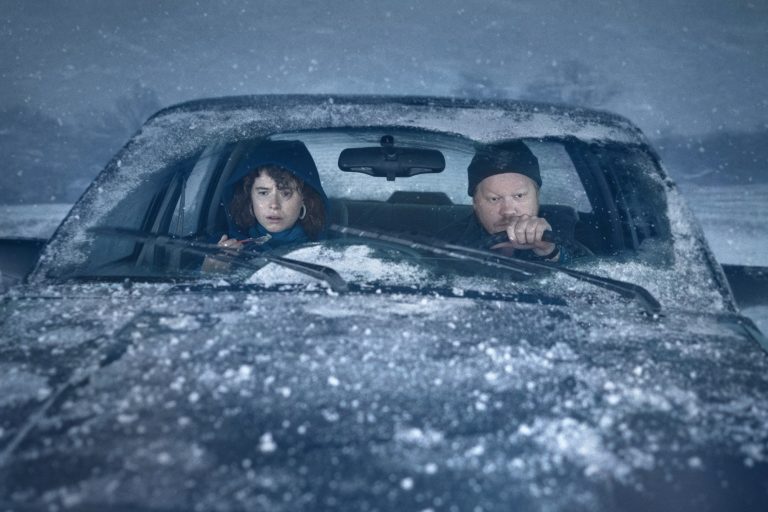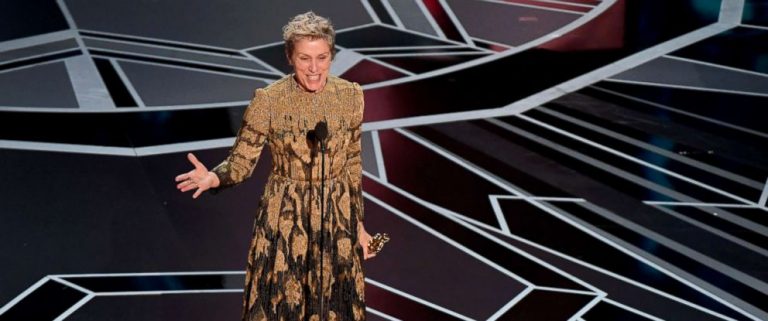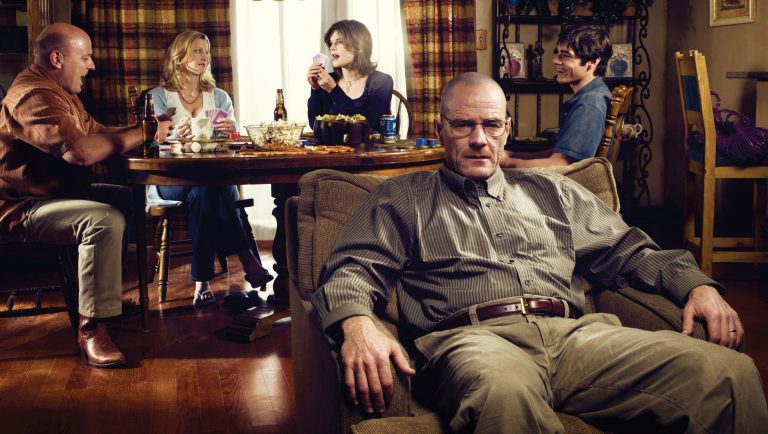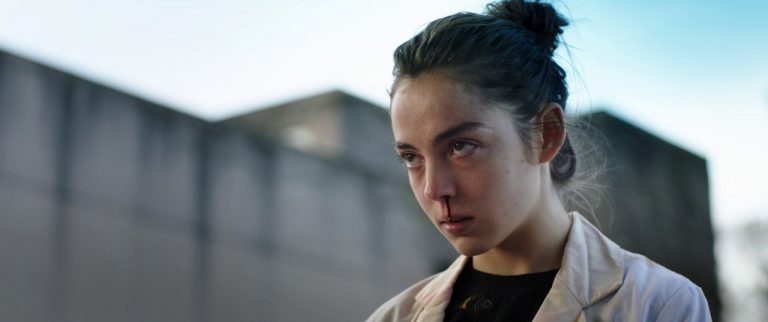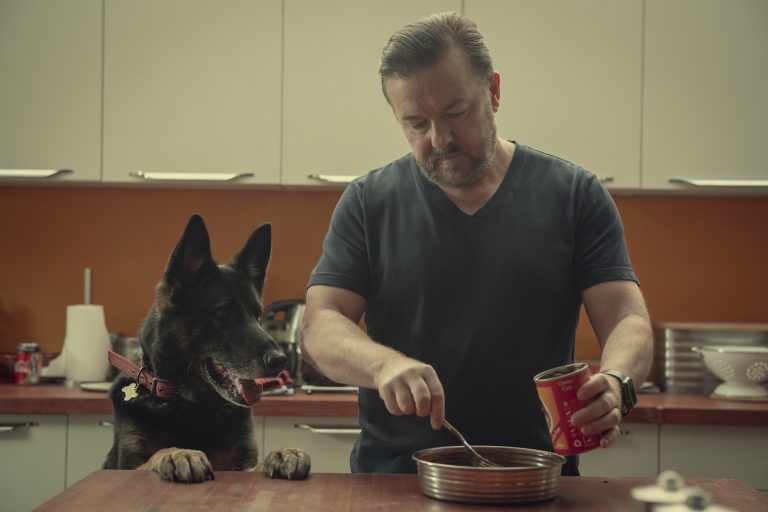Three decades after it quietly landed in theaters and faded from the cultural radar, Copycat—a 1995 psychological thriller starring Sigourney Weaver and Holly Hunter—is having an unexpected moment in the spotlight. Now trending in Netflix’s Top 10, the film is captivating a new generation of viewers, many of whom weren’t even born when it first released. With a respectable 76% critic score on Rotten Tomatoes, Copycat was never a bad film—just an overlooked one. But its chilling subject matter, tight pacing, and two outstanding lead performances have finally earned it the attention it always deserved.
A Psychological Thriller with a Killer Premise
Directed by Jon Amiel (The Singing Detective, Entrapment), Copycat centers on Dr. Helen Hudson (Weaver), a brilliant criminal psychologist and expert on serial killers who becomes agoraphobic after surviving a brutal attack by one of her former subjects. Isolated in her high-tech San Francisco apartment, Helen’s life is turned upside down again when a new serial killer emerges—one who appears to be copying the methods of infamous murderers from the past.
Tasked with tracking the killer is Detective M.J. Monahan, played by Holly Hunter in one of her most underrated performances. M.J. enlists Helen’s help, pulling her out of seclusion to lend her expertise. What follows is a chilling game of cat and mouse that blends procedural drama with psychological horror, and makes sharp commentary on obsession, trauma, and the mechanics of fear.
What makes Copycat stand out—then and now—is how grounded and methodical it feels. The killer isn’t superhuman; the danger is real and messy. And while there are certainly tropes at play, the film avoids the kind of sensationalism that can drag thrillers into melodrama. Instead, it leans into character—particularly the complex dynamic between Hudson and Monahan, both women navigating a male-dominated world of violence and justice.
Too Smart for Its Time?
When Copycat was released in 1995, it found itself in the unfortunate shadow of David Fincher’s Se7en, which came out just a month earlier and quickly became a cultural phenomenon. Both films tackled the subject of serial killers, but where Se7en was relentlessly grim and stylized, Copycat was more cerebral and procedural. As a result, critics generally respected it, but audiences didn’t flock to theaters in the same way. The film underperformed commercially, and despite strong performances and a solid script, it never quite broke into the canon of great ’90s thrillers.
But in retrospect, that’s part of the charm. Copycat isn’t trying to shock you with twists or gore—it’s trying to disturb you with how plausible and methodical its villain is. The film’s killer, played with eerie precision by William McNamara, feels particularly unsettling in today’s true-crime-obsessed world. His actions mirror real-life killers so closely that it’s almost uncomfortable. That tension—between fascination and fear—is where Copycat finds its real power.
Sigourney Weaver and Holly Hunter: An Iconic, Underrated Duo
At the heart of the film’s newfound success is the powerhouse pairing of Sigourney Weaver and Holly Hunter. Weaver, best known for her commanding presence in sci-fi classics like Alien and Ghostbusters, plays against type here. Her Helen Hudson is brilliant but broken—haunted by trauma, teetering on the edge of collapse, and deeply human. It’s a performance filled with nuance and fear, but also flashes of strength that remind us why Weaver remains one of Hollywood’s most formidable talents.
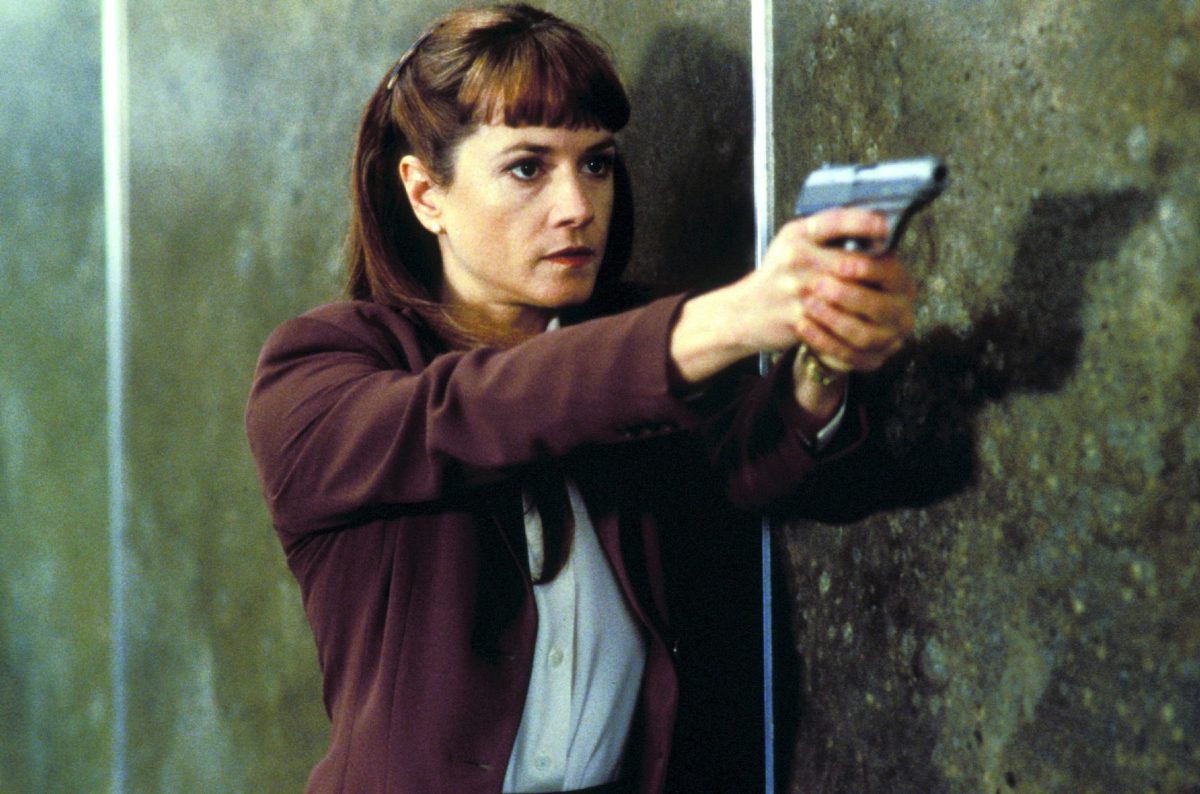
Hunter, meanwhile, brings grit and intelligence to her role as M.J., refusing to play the part of the hardened cop as a cliché. There’s warmth and steel in her performance, and her scenes with Weaver crackle with tension and empathy. Together, the two create a rare dynamic in a genre typically dominated by male protagonists—two women relying on each other’s strength and expertise to survive.
Why Copycat is Trending Now?
So why, in 2025, is Copycat suddenly climbing the Netflix charts?
Part of the answer lies in timing. The streaming platform has become a treasure trove for rediscovering underappreciated gems, especially thrillers that predate the algorithm-driven content of today. With audiences growing increasingly tired of predictable true-crime dramatizations, Copycat offers a refreshing blend of psychological depth and procedural intelligence.
But there’s more to its resurgence than just availability. In the post-#MeToo and post-pandemic world, viewers are engaging more thoughtfully with stories about trauma, isolation, and survival—especially from female perspectives. Helen Hudson’s agoraphobia, once seen as a narrative gimmick, now resonates with anyone who has experienced anxiety, lockdowns, or the long-term effects of violence. Her struggle to re-engage with the world and face her fears head-on feels more relevant—and more inspiring—than ever.
There’s also a nostalgic appeal to the film’s sleek ’90s aesthetic: CRT monitors, old-school detective work, and a time before digital footprints made serial killers easy to track. It’s a reminder of a different era, one where thrillers were more about atmosphere and psychology than rapid plot twists or over-the-top action.
A Thrilling Second Life
Copycat may have been overshadowed in its own decade, but its recent rise on Netflix is proof that great storytelling finds its audience—eventually. With strong performances, thoughtful direction, and a narrative that still chills nearly 30 years later, the film is getting the recognition it long deserved.
In an era where content is abundant but originality is scarce, Copycat stands out—not as a relic of the past, but as a smart, chilling reminder of how psychological thrillers can cut deeper when they reflect real fears. If you missed it the first time, now’s the perfect moment to catch up. Just maybe keep the lights on while you do.
